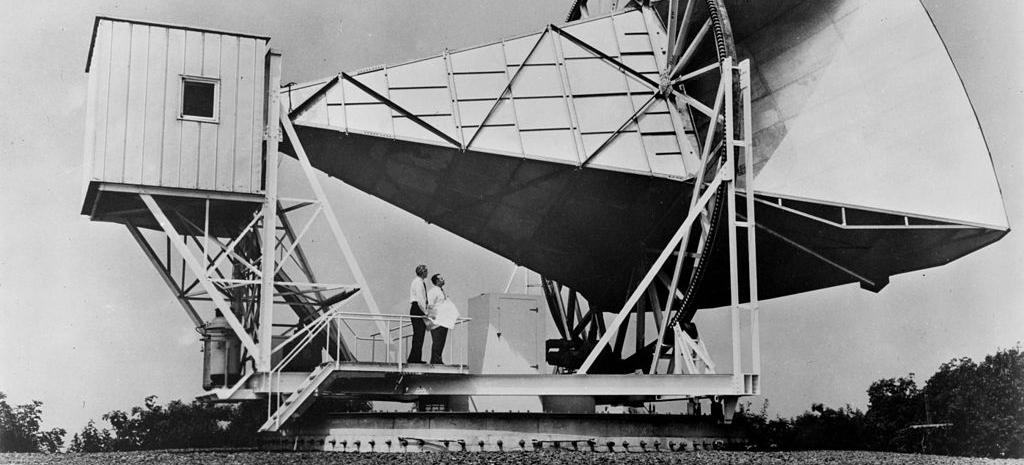When Wrong is Right

While it’s common for people in all types of endeavors to aim for perfection, many of the greatest innovations actually come from mistakes. To put it another way, what may appear to be wrong at first glance may in fact be very right, though not always in the way that was intended.
If explorers had never gotten lost, many parts of the world would have remained undiscovered. The most famous example of this is Columbus stumbling into “discovering” America while trying to find an alternate route to the Orient. In a similar vein, many of the world’s greatest inventions and discoveries came about due to mistakes, misunderstandings, and miscalculations. For example, Alexander Fleming discovered penicillin by accident. He found that mold growing in a petri dish he had put aside had consumed the bacteria surrounding it. In another classic example of a “happy accident,” two men named Penzias and Wilson received the 1978 Nobel Prize in Physics for their discovery of cosmic background radiation, but only after repeatedly trying to shoo away the pigeons – and sweeping away the droppings left behind – they thought were responsible for the noise in their signal.
It’s not necessary to be an explorer or inventor to benefit from this principle. People in all lines of work, from graphic artists to chefs, often find that some of their best creations come from what first appear to be mistakes. In order to be open to this, however, it’s essential to have an open-minded attitude. It also helps not to be overly attached to a specific, predictable outcome.
Another important reason to value mistakes is that they provide clues about how to do something correctly. Thomas Edison is famous for saying, before he had successfully created a working light bulb, “I have not failed. I’ve just found 10,000 ways that won’t work.” This type of attitude requires quite a bit of persistence, but it often pays off handsomely in the long run.
For these reasons, it’s best not to think in terms of right vs. wrong or success vs. failure in any endeavor. Every apparent misstep can either help people find the solution they were seeking or even open the door to a completely unexpected discovery. People who are too quick to dismiss something as a failure or error may deprive themselves of unforeseen benefits.
